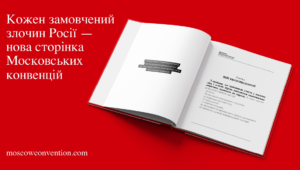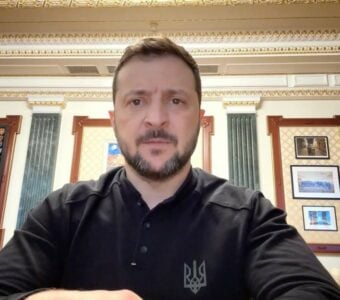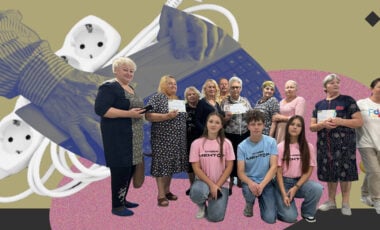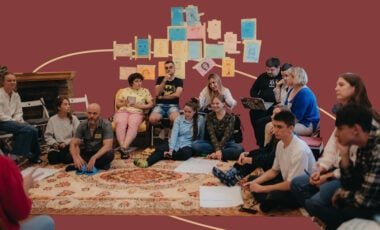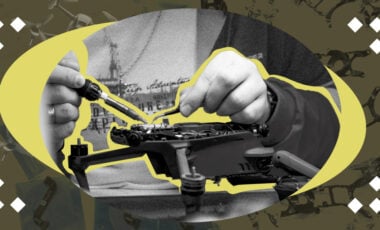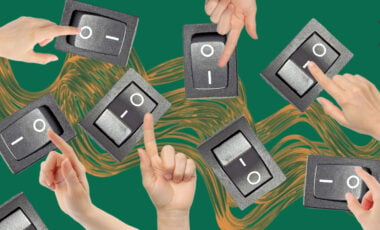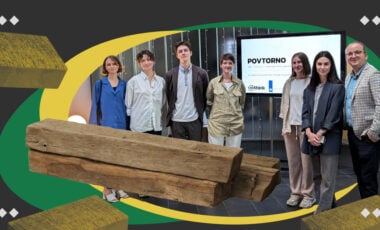United to win: Austrian company donates advanced prosthetic devices to Ternopil military
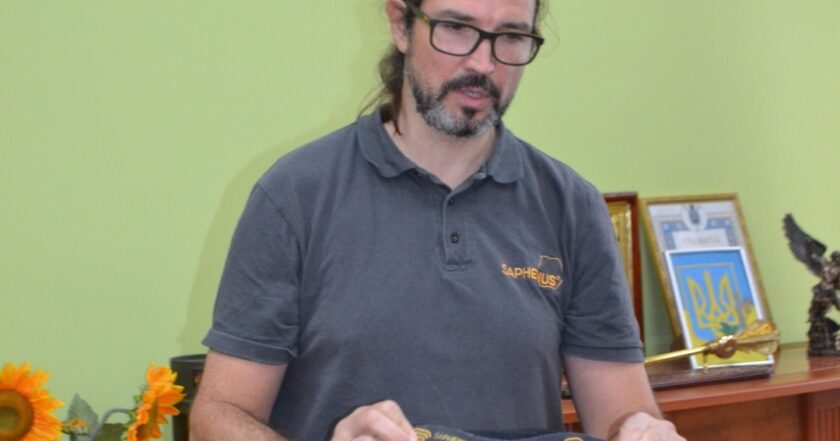
Photo: Ukrinform / Yuliia Tomchyshyn
During a presentation at Ternopil National Medical University, Austrian experts Aaron Pitschl and Christian Bouda introduced a groundbreaking system allowing individuals to sense their prosthetic limb as a natural body part.
Ukrinform reports this.
What is the problem?
Ternopil National Medical University started training prosthetists this year and is establishing international cooperation in this field.
"This project is significant because, in connection with the war in Ukraine, there are a lot of people with limb amputations. According to unofficial data, this number reaches about 200 thousand people. Until this year, there was no training system for prosthetists in our country. In 2024, for the first time, four universities in Ukraine, including our institution, opened master's programs for the training of prosthetists. That is why we are looking for various opportunities for international cooperation so that foreign colleagues with extensive experience in the manufacture of prostheses transfer their knowledge and experience to our students," the university officials emphasized.
What is the solution?
Austrian specialists Aaron Pitschl and Christian Bouda came to Ukraine at the invitation of the Ternopil National Medical University.
They introduced a cutting-edge system that enhances users' sensation of the prosthesis, making it feel like their own limb. The Ternopil military is already utilizing two of these devices.
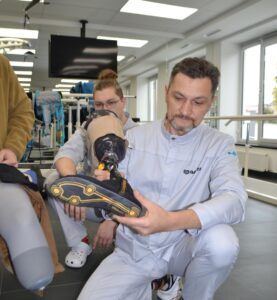
Photo: Ukrinform / Yuliia Tomchyshyn
How does it work?
"This technology enables you to regain peripheral sensitivity and experience the prosthesis as though it were your own limb. It is based on an invention honored with the Nobel Prize in 2021. It is crucial for us to apply our discoveries in Ukraine to assist those who have been affected by this unjust conflict. Thanks to donors, the Ukrainian military will have our devices free of charge," the financial director of the Austrian company Saphenus Medical Technology, Christian Bouda, said.
As the Austrian experts said, the device's development lasted seven years. He received a European Innovation Council grant from the European Commission.
Its cost is about 10 thousand euros.
More than 600 people in Europe and the USA use this system, including two soldiers in Ternopil, to whom the Austrian company provided equipment free of charge.
Among them was Ruslan Pelekhaty, who, at 46 years old, sustained severe injuries on the Bakhmut front. While leaving his position at night, he stepped on an anti-personnel mine.
"I started using this device more than two weeks ago. At first, there were unusual sensations, but in a week, I got used to it and began to feel the prosthesis like my own leg. Now I walk much faster on uneven surfaces – dirt roads, stairs. This system gives me the feeling that I take a step, even when I can't see it – for example, in the dark. I walk much more clearly and confidently," Ruslan Pelekhaty said.
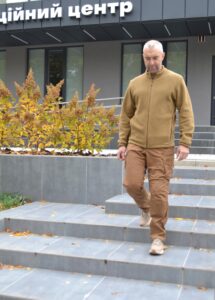
Photo: Ukrinform / Yuliia Tomchyshyn
As reported, the Austrian company is just starting work in Ukraine. The Firuza Foundation supports and finances the program. Within its framework, it plans to establish work with rehabilitation centers where Ukrainian military personnel undergo prosthetics.
Donors are also encouraged to join this initiative.
For reference:
Additionally, Rubryka described how fighters become accustomed to prosthetics through Scandinavian walking and football.
Moreover, Rubryka reported that the Vinnytsia Regional Clinical Hospital performed a groundbreaking procedure involving osseointegration prosthetics. This innovative approach allows for improved mobility and quicker rehabilitation for amputees.






